UK weather: First snowfall of the season causes school closures in Scotland
Snow has fallen over parts of Scotland causing some disruption and school disclosures
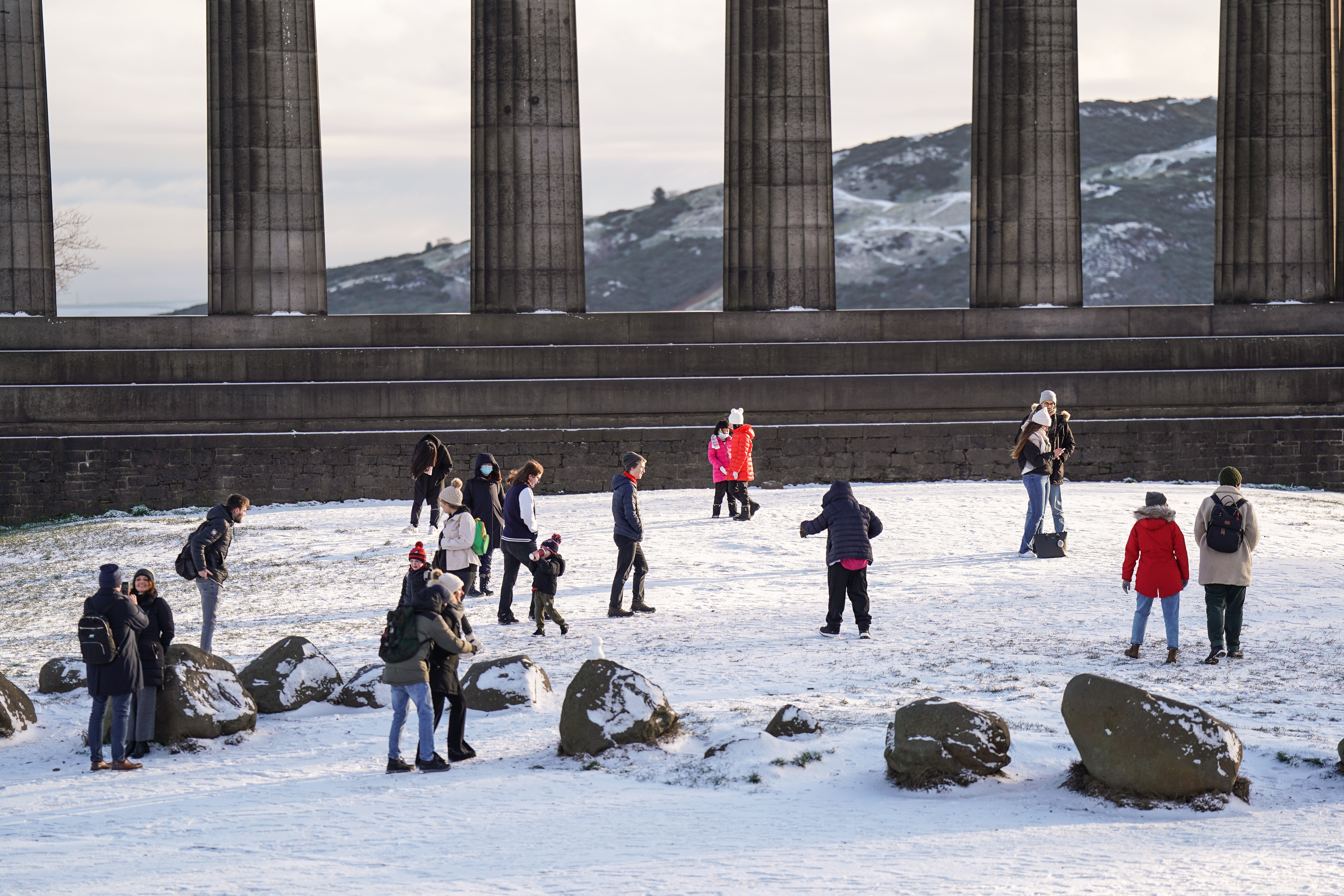
Your support helps us to tell the story
From reproductive rights to climate change to Big Tech, The Independent is on the ground when the story is developing. Whether it's investigating the financials of Elon Musk's pro-Trump PAC or producing our latest documentary, 'The A Word', which shines a light on the American women fighting for reproductive rights, we know how important it is to parse out the facts from the messaging.
At such a critical moment in US history, we need reporters on the ground. Your donation allows us to keep sending journalists to speak to both sides of the story.
The Independent is trusted by Americans across the entire political spectrum. And unlike many other quality news outlets, we choose not to lock Americans out of our reporting and analysis with paywalls. We believe quality journalism should be available to everyone, paid for by those who can afford it.
Your support makes all the difference.Scotland’s first snowfall of the season has caused disruption with many school closures and delayed opening times, while freezing conditions have triggered cold weather payments for thousands of eligible households across England and Wales.
It came as the Met Office extended yellow weather warnings into Friday, with ice in coastal and northern England, and both snow and ice expected in northern Scotland.
A number of schools in Aberdeenshire were closed or had their start times delayed on Thursday because of the wintry weather with Highland Council confirming some closures and delayed starts there, too.
There was 5cm of snow in Aboyne, Aberdeenshire, and at Althnaharra in the Highlands, along with 3cm at Dyce, near Aberdeen.
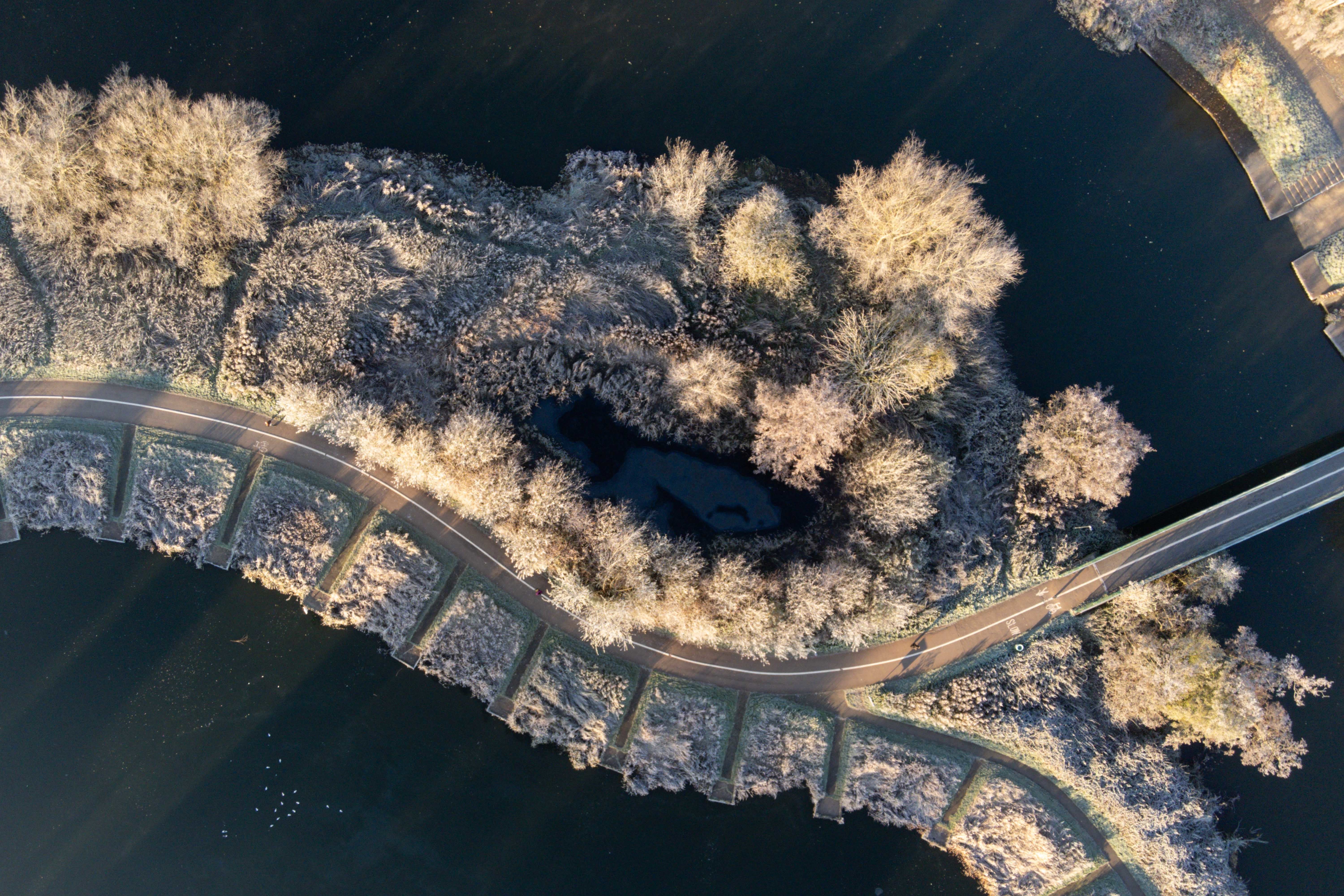
Met Office chief meteorologist Steve Willington warned there is an “increasing risk of snow as the week progresses”.
Mr Willington said: “As an Arctic, maritime airmass settles across the UK, temperatures will fall with widespread overnight frosts, severe in places, and daytime temperatures only a few degrees above freezing.
“However, the cold air from the Arctic will also bring brighter conditions, with some dry, sunny spells, particularly away from the coast and where winds are light it could feel pleasant in the sunshine. Some patchy freezing fog is also likely.”
He added that yellow weather warnings had been issued for ice and snow for parts of Scotland, Northern Ireland, Wales and parts of England.
Mr Willington continued: “Showers will turn more wintry with an increasing risk of snow as the week progresses, particularly in coastal areas or over higher ground.
“There will be widespread frosts with temperatures falling to as low as -10C overnight in isolated spots by the end of the week.”
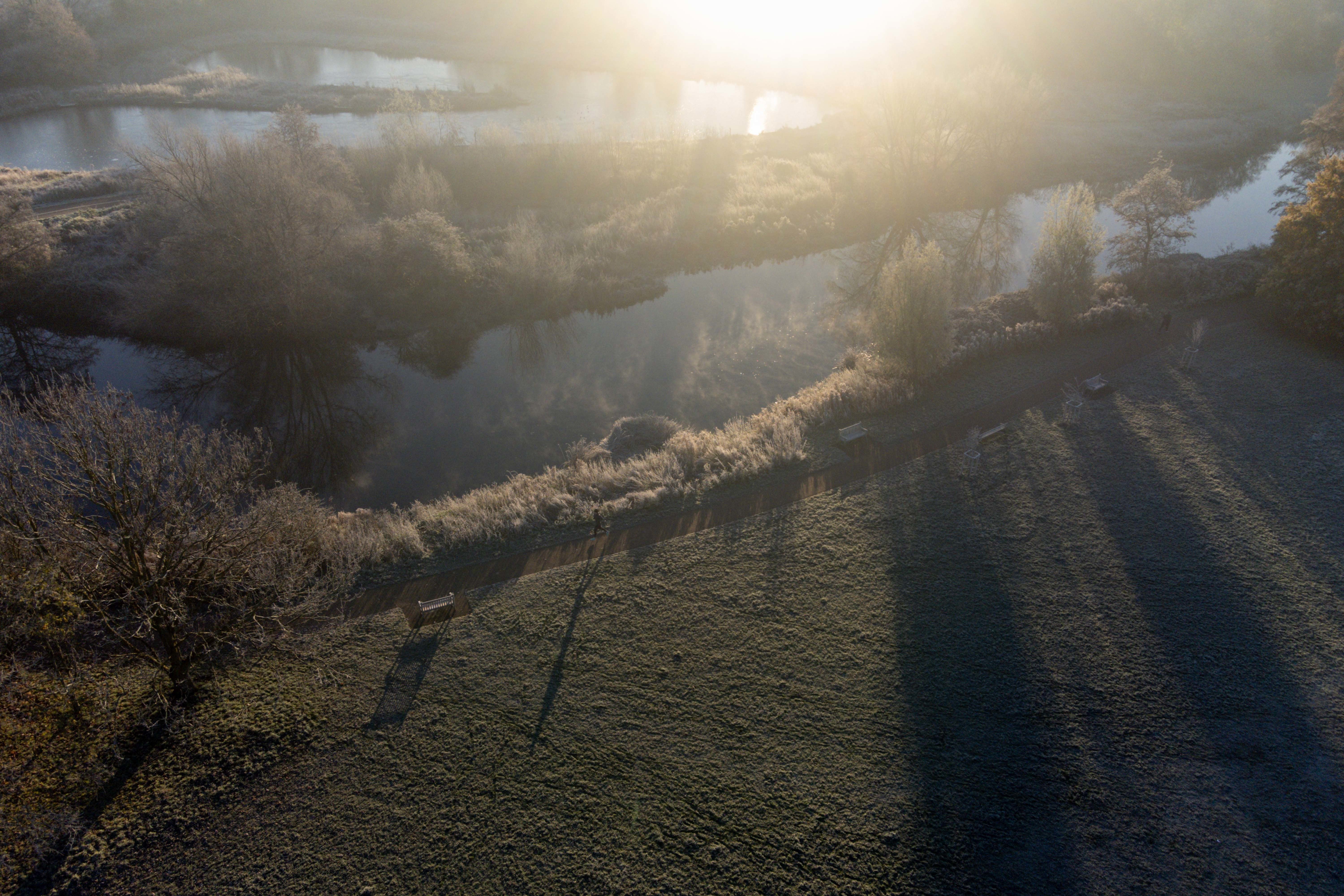
Roads have also been affected, with Traffic Scotland urging drivers to “take care”.
With more snow forecast to fall in the next few weeks, mountain safety organisations are coming together to encourage people to “think winter” and ensure that those heading for the hills and mountains can easily access the right information and advice on safety in the colder months.
Scottish Mountain Rescue chair, Bill Glennie, said: “Do go out into the outdoors and enjoy Scotland’s mountains when many would say they are at their finest, but do it safely, with the appropriate skills and equipment.”
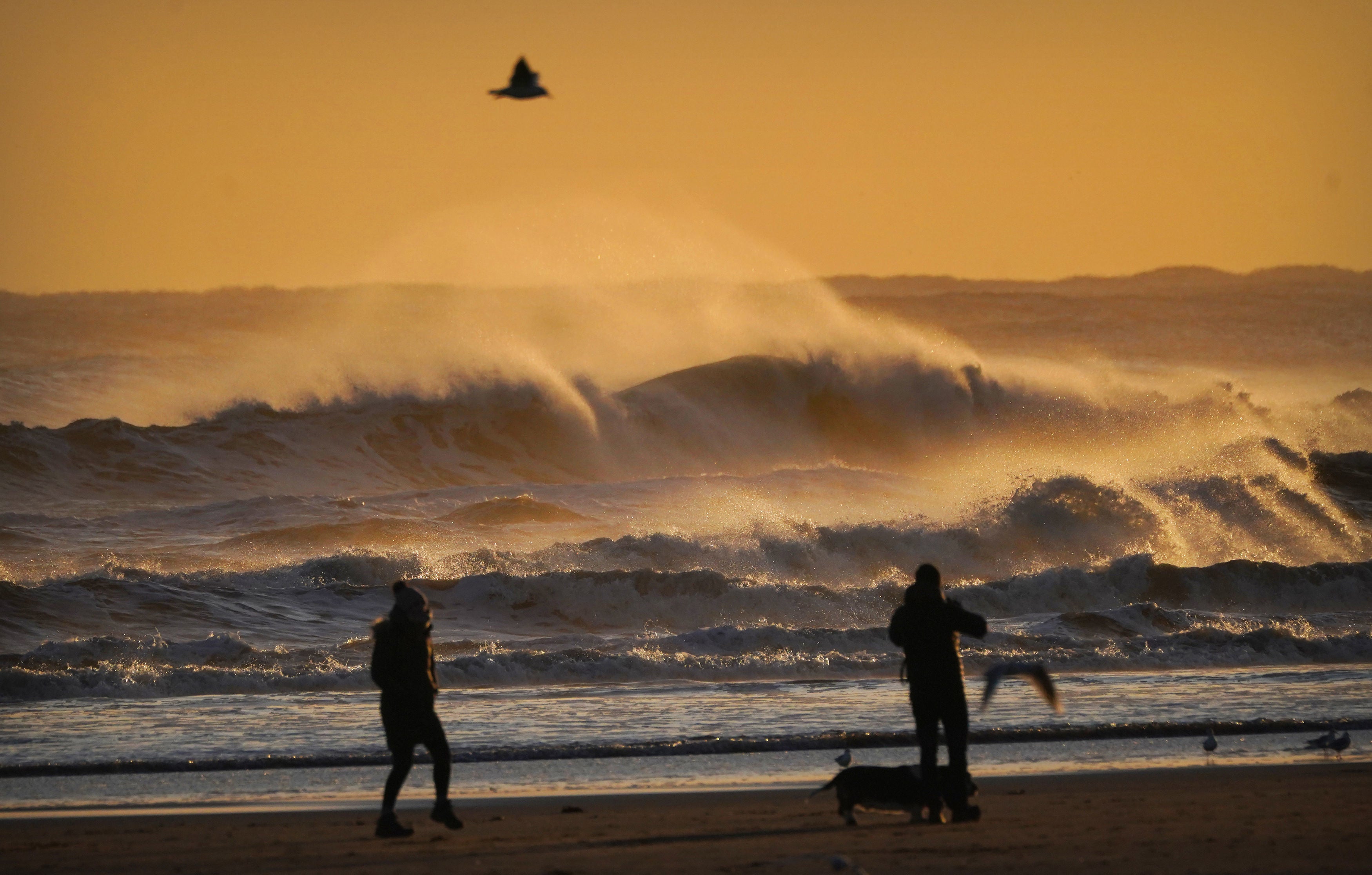
A cold weather alert for England will run until 9am on Monday.
A major incident was declared in Sheffield on Wednesday after about 2,000 homes in the suburb of Stannington were left without gas for five days, with overnight temperatures plummeting.
Nationally, Age UK advised people to maintain a supply of food and medicine to reduce the number of outdoor trips and torches with spare batteries in case of a power cut.
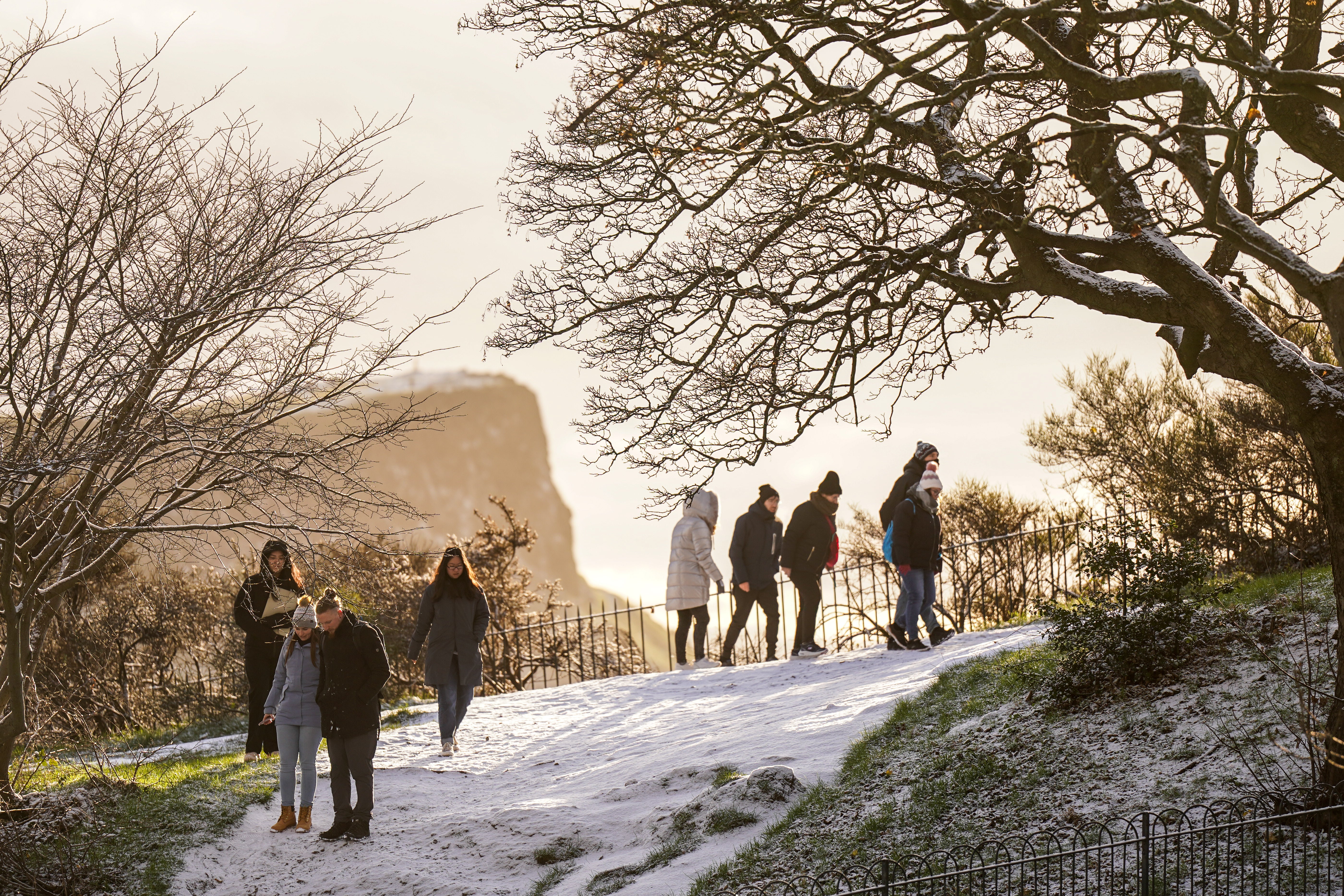
Homeless people in London will be sheltered after the severe weather emergency protocol was activated for the first time this winter to provide accommodation for rough sleepers.
Meanwhile, thousands of people on the lowest incomes in over 300 postcode districts in England and Wales will receive a £25 cold weather payment as temperatures plunge below zero.